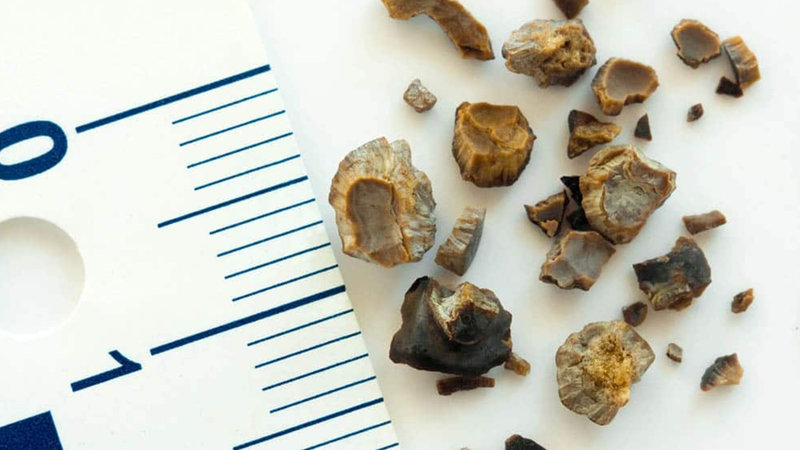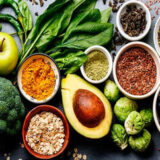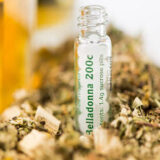Kidney Stones : What Is It? It’s Causes, Symptoms & Treatment
Kidney stones, also better known as (nephrolithiasis, urolithiasis, or renal calculi) are hard deposits made of minerals and salts that form inside your kidneys.

kidney stones is a silent condition that we don’t notice until pain appears and progresses rapidly to produce nephritic colic (urinary obstruction), which many compare to labor pain. It can form in your urine when minerals and other substances come together to make crystals and then settles in the kidney.
Kidney stones have been around for thousands of years but the number of cases has been rising over the last 30 years. It has been estimated that the lifetime risk of getting a kidney stone is 10-12% in men and 3-5% in women.
Cause
It is not entirely clear what causes kidney stones to form. We know that there are certain inhibitors in the urine that keeps minerals and other substances from coming together (citrate is a good example).
Sometimes, there is too high a concentration of one or more substances and they want to form a solid (in chemistry we call this “precipitation”). However, we know that kidney stones can also form when concentrations are “normal”.
Types: There are several main types of kidney stones
- Calcium stones (80%): Calcium stones are usually a combination of calcium and oxalate.
- Struvite stones (15%): Struvite stones are usually seen in urinary tract infections.
- Uric acid stones (5%): Uric acid stones can be seen in people with or at risk for gout or who have received chemotherapy.
- Cystine stones (2%): Cystine stones are rare and usually result from genetic disorders.
Risk Factors
There are multiple conditions that increase the risk of stones. One of the biggest is having had a stone before. If you have a family history of kidney stones or genetic disorders predisposing to them, you are at increased risk.
If you are between the age of 20 and 60, male, white, and live in a hot climate, you are at increased risk. Certain medical conditions, medications, and diets can also predispose you to stone formation.
Symptoms
Kidney stones generally do not cause symptoms unless they cause bleeding, a blockage, or an infection. A blockage typically causes pain, ranging from a dull ache to excruciating pain (“renal colic”) and possibly decreased urine output.
An infection can cause fever, chills, cloudy urine, a persistent urge to urinate, or pain with urination. When the symptoms are really bad, you may become sick to your stomach and repeatedly vomit.
Diagnosis
A number of things can mimic kidney stones such as an aneurysm, appendicitis, gallbladder disease, and pancreatitis. Kidney stone should be suspected if you have sudden pain in your flank or abdomen, especially if you have risk factors.
The urine is then tested for blood with a dipstick and an imaging test ordered. There are several imaging studies available including but the gold standard for diagnosis is rapidly becoming the CT scan.
Treatment
During an uncomplicated acute attack, many people need only pain and nausea medications and lots of fluid. Most kidney stones will pass on their own if they are small enough (< 5 millimeters).
The treatment of choice is available when they don’t pass it, the treatment of extracorporeal shock wave lithotripsy (ESWL)is used to blast stone into smaller bits. If any of the above methods don’t work, a urologist may have to remove them through the operation.
Complications
Most kidney stones attacks do not result in a complication. But occasionally, a stone will get stuck in the ureter and cause fluid to back up in the kidney (hydronephrosis).
This can cause the kidney to fail and potentially lead to a serious infection. Fortunately, available radiology tests can help make the diagnosis fast and prevent long term consequences.
Prevention
Effective prevention usually requires knowing what type of kidney stone you have and what is causing them (if possible). After a first attack, your doctor will likely order blood and urine tests and have the kidney stone analyzed.
Depending on the results, you may be asked to change your diet or medications, you may be started on a new medication, or you may be asked to have surgery. In most cases, you will be asked to drink more water (2-3 liters per day).
When to Call the Doctor?
It is always a good idea to call your doctor and keep them informed, but sometimes you need to urgently. This is especially true if you have only one kidney or a kidney transplant.
You should call if you have uncontrolled pain, you can’t keep food or water down, you have fever and chills, or you have a decreased amount of urine.
Sources:
























